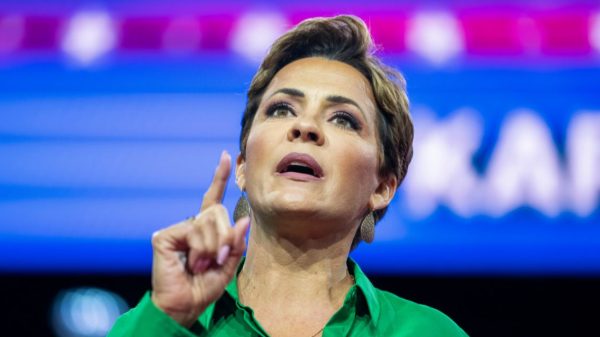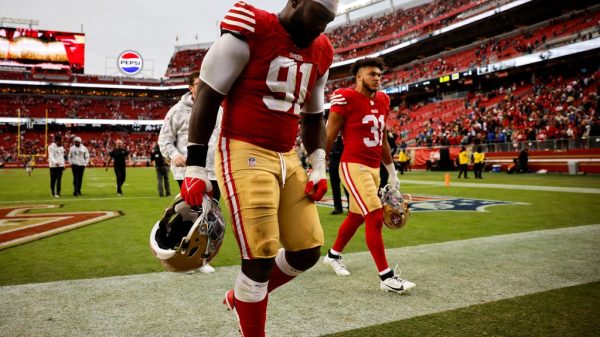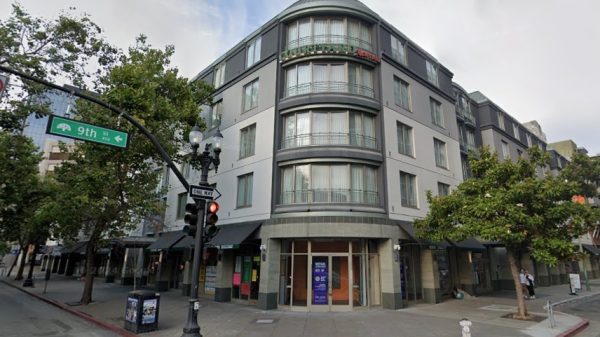A federal appeals court on Friday drastically reduced a lower court’s ruling restricting the Biden administration’s discussions with social media companies over contentious COVID-19 and other concerns. The 5th U.S. Circuit Court of Appeals in New Orleans ruled on Friday that the White House, Surgeon General, Centers for Disease Control, and FBI cannot “coerce” social media sites to remove posts that the government finds objectionable.

Social Media platforms in the phone (Source: Rueters)
Restriction on Communication with Social Media
However, the court rejected broader language in an order granted on July 4 by a federal judge in Louisiana that effectively barred various government agencies from contacting Social Media platforms such as Facebook and X (formerly Twitter) to request that content be removed. Even the appeals court’s modified order does not take effect right away. The administration has 10 days to file a petition with the Supreme Court.
The decision came in a complaint filed in northeast Louisiana that accused administration officials of coercing platforms to remove content under the threat of antitrust action or changes to federal legislation insulating them from litigation based on the content of their users’ posts. COVID-19 lawsuit focused on 19 vaccinations, the FBI’s handling of a laptop belonging to President Joe Biden’s son, Hunter, and suspicions of election fraud. It accused the administration of using regulatory threats to silence conservative voices.
Threatening Social Media Platforms
The case was filed by the states of Missouri and Louisiana, as well as a conservative website owner and four individuals who are opposed to the administration’s COVID-19 policy. Louisiana Attorney General Jeff Landry termed Friday’s ruling “a major victory against censorship” in a post on X. Three 5th Circuit judges agreed with the plaintiffs in an unsigned 75-page judgment that the administration “ran afoul of the First Amendment” by threatening social media platforms with antitrust action or changing the law to shield them from responsibility.
However, the court overturned a portion of U.S. District Judge Terry Doughty’s broad July 4 decision, finding that simply encouraging people to remove content does not automatically violate the Constitution. As stated in the judgment, an injunction is overbroad if it forbids a defendant from engaging in legitimate activities. Nine of the ten preliminary injunctions threaten to do just that. Furthermore, many of the rules are superfluous and repetitive.
The National Institute of Allergy and Infectious Diseases, the Cybersecurity and Infrastructure Agency, and the State Department were also removed from the directive. Judges Jennifer Walker Elrod and Edith Brown Clement, appointed by former President George W. Bush, and Don Willett, appointed by former President Donald Trump, heard the case. Trump nominated Doughty to the federal bench.
READ ALSO: Former President Donald Trump’s Eligibility To Run Became An Extensive Constitutional Debate

















































